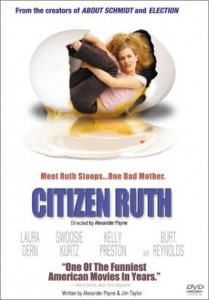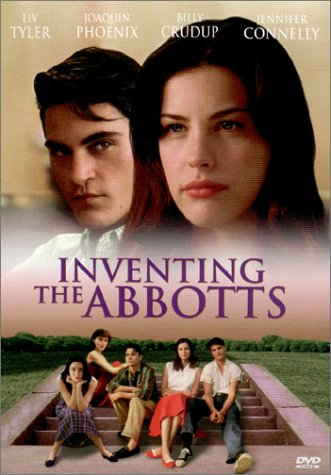Comrades, Almost a Love Story
From the Chicago Reader (April 22, 1997). — J. R.
Despite its sentimental aspects, this youthful, semitragic tale of two Chinese mainlanders in Hong Kong — the wonderful Maggie Cheung (Actress, Irma Vep) and pop star Leon Lai — and their fluctuating relationship as friends and lovers is the most moving film I’ve seen yet about that city’s last years under colonial rule (though the film’s final sections are set mainly in New York, where both characters emigrate). I suspect many Chinese viewers feel the same, because the film cleaned up at this year’s Hong Kong Film Awards, sweeping no less than nine categories (including best director, film, screenplay, and actress). Set between 1986 and 1996, and visualized by director Peter Chan with a great deal of inventiveness and lyricism, this movie is full of heart and humor, capturing the times we’re living in as no Western film could. Watch for a charming cameo by Christopher Doyle, the premier cinematographer of the Hong Kong new wave, as an English teacher. Film scholar and former Chicagoan Patricia Erens, now based at Hong Kong University, will introduce the Friday screening. Film Center, Art Institute, Columbus Drive at Jackson, Friday, August 22, 6:00; Saturday, August 23, 8:00; Sunday, August 24, 4:00; and Tuesday, August 26, 7:30; 312-443-3737. Read more




